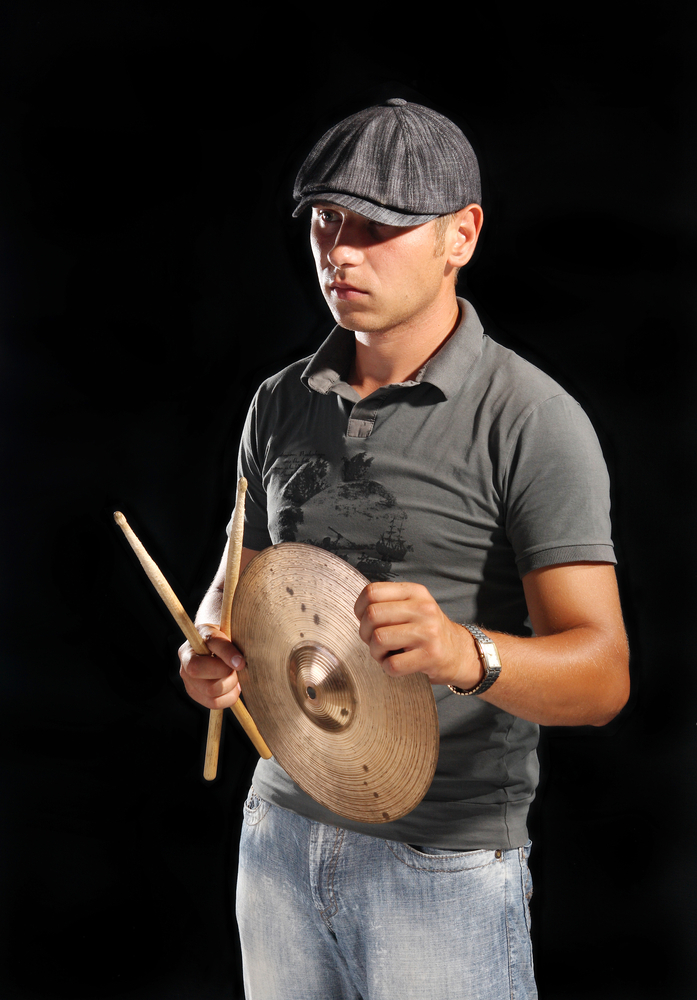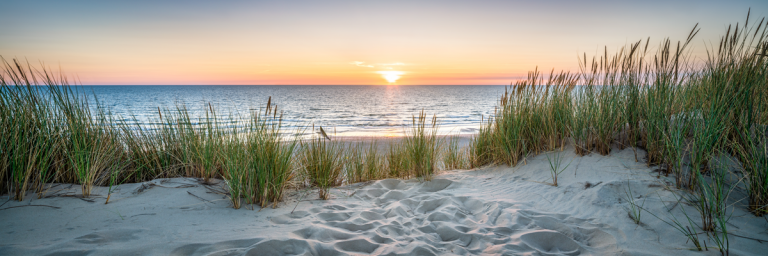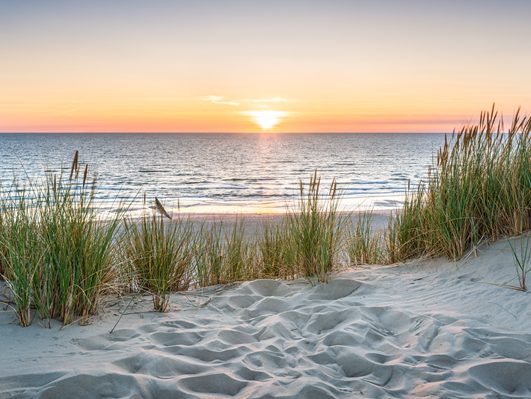Piece of Advice (by Ted Gioia)

8 Pieces of Advice for Struggling Young Musicians (or Other Creative People)
I feel your pain. I know what it’s like to try to launch a music career, and then feel like you’re hitting a brick wall. In my case, the main obstacle was physical disability and pain—but I also encountered almost ever other roadblock you could imagine.
Somehow I got to the other side. And you can too. But I had to learn how to think about things on a different scale.
“The greatest gig of my life took place in a banal hotel lounge. I’m not even sure anybody was listening. Probably not….But I wouldn’t trade that experience for a king’s ransom.”
If you want shortcuts, I’m not the right person to ask. I never put much faith in them myself. I’m more like the tortoise than the rabbit. But I’ve lived long enough to outpace bunnies who were sure they had found a faster way.
And it’s not all pain and suffering in the short term. You can pursue your craft with a longterm vision, and still enjoy each day. That must be part of the plan—we wouldn’t have chosen music if we weren’t chasing after ecstasy. And don’t let anybody convince you to give that part of it up.
Here are my eight pieces of advice:
(1) Focus on the intrinsic joy of making music.
We are blessed to be musicians. For us, work is truly play. There are only three jobs in which that’s true: a musician plays an instrument, an actor plays a role, and an athlete plays a sport. For the most part, everybody else just goes to work. (And if they don’t, they must have found some way to turn their job into a kind of music.)
Just getting to engage in our creative pursuit puts us ahead in the race. Don’t ever take it for granted—experience the intrinsic joy and total abandon that is our birthright as musicians. It will sustain you when everything else lets you down.

(2) Every day learn more and get better in your craft—and take satisfaction in this.
Other pursuits are limited by the law of diminishing returns. The more you do them, the less you get out of them. But music isn’t like that. The better you get, the more you enjoy it.
My son Thomas, like so many others, got sent home from college during the pandemic. Confined to our house for many, many months, he decided to use this time to get better on the piano. He had played piano a little before that, but not much—instead he had learned viola, guitar and other instruments, but only in a modest way, and pursued other activities typical of college students.
So he was starting at a very low level in his early twenties—which is very late to embark on serious music training. But he now focused on the piano with tremendous enthusiasm, and for only one reason: the intrinsic enjoyment of making music.
Even after returning to college, he maintained this aggressive practice regimen, and is now three years into his program to become a serious pianist. He can now play most of The Well-Tempered Clavier and the Goldberg Variations with fluency, and is a much better sight reader than me. He learns new pieces with remarkable speed. Yet he has no interest in performing in public—in fact, that hardly matters to him. He told me the other day: “I always enjoyed playing this music, but it gets more fun the better you get at it.”
It’s absolutely true. And that’s why the greatest talents keep on performing into old age, or even until they die. There’s tremendous satisfaction gained by improving in this craft, and nobody can stop you on this journey. Every day will open up new vistas.
The music itself is its own reward (publicity photo of Glenn Gould by Fred Plaut from Sony Music Entertainment)
(3) Collaborate with other musicians and become part of the larger creative community.
So many jobs nowadays are isolating—but not music. Musicians naturally gravitate to other musicians, and get to feed off each other’s creativity and energy. This is a glorious experience even if it only happens in a garage or practice room.
Just hanging out with other musicians is a blast. But we have the even grander opportunity to go with them on these ecstatic journeys of communal invention. Seize these chances, and not just for the music. You will make lifelong friends and allies along the way.
(4) Connect with listeners on whatever level you can—even if it’s just playing on the street corner.
The best decision I made in my creative pursuits was to seek out direct contact with my audience. Today that audience is fairly large, but even when it was tiny, I found sustenance and motivation from these connections.
Every music gig provides a platform for this, no matter how modest the setting. Even without gigs you can create your own performance opportunities. I’ve done that on many occasions. By focusing on the audience, it will inevitably grow, but the immediate benefits are just as great as the long term ones. Sometimes the most joyous experiences come from an audience of merely one person.
“The music itself is the pathway to joy. Getting applause after a performance is lovely, but not as lovely as the song you just played. Reading a favorable review is sweet, but hardly as sweet as the ecstatic moments of creative expression.”
I’m not exaggerating. Talk to even famous musicians, and they all have stories of some performance when a single person came up to them afterwards and said something that touched their heart and gave deeper meaning to the music they had just made. Even if the auditorium was packed with fans, the connection with that one individual is what they remember years later. All it takes is one other person to forge this profound type of creative communication.
(5) Never let gatekeepers control your sense of purpose and self-worth.
In any creative life, you hear ‘no’ constantly. If you’re just starting out, it’s almost the only thing you hear. Sometimes rejection comes along with useful advice—but that’s actually fairly rare, in my experience. Learn from feedback, if it’s valuable, but never let it deter you or demoralize you. Trust your instincts. Focus on your vision—not somebody else’s.
Here’s the good news: All those gated communities are collapsing. And there are hundreds of new tools out there which let you bypass all the barbarians at all the gates. Which leads to my next point…
(6) Use the digital tools that are available, but don’t let them control you.
You have more tools to reach an audience today than ever before. You can upload a song on the web right now and have an immediate connection to the entire world. In the old days, musicians dreamed of going to New York or Hollywood or some other hub of activity, but nowadays you have instantaneous outreach to every corner of the world without leaving home—and it happens in just seconds. Take full advantage of these tools, but don’t be a slave to them. They serve you, not the other way around.
(7) There’s no shame in doing a day gig in addition to your music—be proud because it testifies to the sacrifices you make for your craft.
If your day job is related to music, all the better. But even if this work is just a means to a paycheck, that’s okay too. Philip Glass worked as a plumber and taxi driver, and that only adds to his mystique nowadays. Blues legend Furry Lewis was a street cleaner for more than 40 years—and I bow down to that in respect. I probably did crazier day gigs than anybody, but I have zero regrets. The paychecks gave me freedom to do things on my own terms and at my own pace. This was a blessing for me, and can be for you too.
(8) Don’t be afraid. There’s a place for you.
Your vocation is meaningful—both for you and others. Just being a musician, at any level, gives you a kind of gravitational power, attracting others into your orbit. So many people wish they had creative outlets for self-expression, and especially in music—they will be drawn into your sphere of influence. You have that in your favor even at the very start of your journey.
Millions of people would change places with you in a heartbeat. When I researched all those superstitious folks who tried to make deals with the devil back in the old days, I learned that the single biggest reason was to learn how to play a musical instrument. At first that surprised me, but the more I thought about it, the more it made sense.
People would literally give up their souls to play music. When you get depressed at the slow pace of your music career, always keep that in mind. You were given a gift, one of the greatest of them all, and even the lowliest street busker shares in it just as much as whomever is playing at Carnegie Hall tonight.
The author doing a blue collar job at age 18—there’s no shame in a day gig
These aren’t just empty words. I know these things because I’ve lived them.
Over time music brought me obvious external rewards—but the internal ones were always more important. Long before my musical activities produced the kind of measurable benefits that others respect, they created a pathway for a happy creative life.
The simple fact is that most of my audience came to me after I was already in late middle age or older. And I was already reaping the benefits of the mindset outlined above. I was confident and happy in the day-to-day pursuit of my vocation—no matter what gatekeepers and evaluators were saying. When unexpected successes came my way later in life, I enjoyed them—but those had never been the main goal.
The music itself is the pathway to joy. Getting applause after a performance is lovely, but not as lovely as the song you just played. Reading a favorable review is sweet, but hardly as sweet as the ecstatic moments of creative expression—and those can even happen in a practice room or garage or playing on a street corner.
The greatest gig of my life took place in a banal hotel lounge. I’m not even sure anybody was listening. Probably not—but I was in seventh heaven. I wouldn’t trade that experience for a king’s ransom.
I hope all the external rewards come to you, but you won’t need to them to enjoy a blessed life. Now go back to your music


